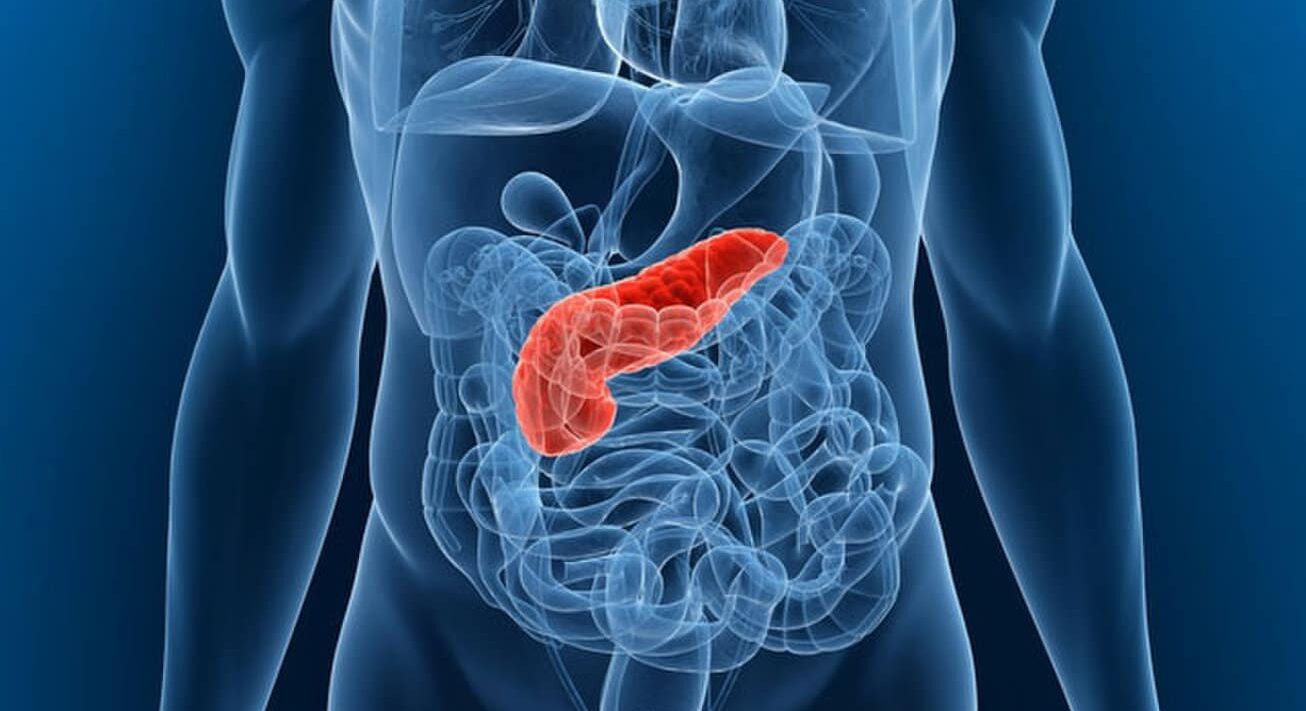What is the link between pancreas and diabetes?
The pancreas is located in the abdomen, just behind the stomach. It helps digest food with the hormones and enzymes it produces. This organ is an essential element in the digestive system and the proper regulation of blood glucose. What is its connection with diabetes?
One of the hormones that the pancreas produces is insulin. This hormone works by regulating sugar and acts as an agent that makes way for the cells to use glucose/sugar for energy. If the pancreas doesn’t produce enough insulin or the body is unable to use it efficiently, it builds up excess sugar in the bloodstream. When this happens, a condition called hyperglycemia develops. This explains the connection between the pancreas and diabetes.
When there isn’t enough supply of insulin, diabetes develops. The most common condition associated with diabetes is hyperglycemia. Its symptoms include excessive thirst, frequent urination, nausea, vomiting, and difficulty breathing. It is life-threatening, which means that immediate treatment is necessary.
Types of Diabetes
There are different types of diabetes, and each involves malfunction of the pancreas. Let us delve into the link between the pancreas and types of diabetes.
Type 1 diabetes
Type 1 diabetes is an autoimmune condition. It means that the immune system mistakenly attacks the insulin-producing organ, which is the pancreas. This invasion can cause permanent damage to the pancreas and leaves it unable to produce enough insulin.
Type 2 diabetes
The major cause of type 2 diabetes is insulin resistance. It means that the body becomes incapable of using insulin properly. This can result in high or low blood sugar levels. While the pancreas still produces insulin, the supply is insufficient for people with type 2 diabetes. That is why insulin shots or oral medications are necessary to support this insulin deficiency and enable to body to become insulin sensitive.
Gestational diabetes
Unlike other types of diabetes, gestational diabetes only happens in women during pregnancy. Gestational diabetes occurs when the body is incapable of using insulin as usual. Like type 1 and 2 diabetes, the pancreas cannot make adequate insulin for the body to stabilize its glucose supply. This diabetes type can cure after childbirth; however, it can still put you at risk for type 2 diabetes.
Pancreatic conditions related to diabetes
Aside from the types mentioned, there are pancreatic conditions that are sometimes related to diabetes. Consider the following:
Pancreatic cancer
Pancreatic cancer is a type of cancer that begins in the tissues or cells of the pancreas. According to studies, you are likely to develop pancreatic cancer if you’ve had diabetes for 5 years or longer. Although rare, this type of cancer can also cause irregular blood sugar levels since it destroys the organ that produces the insulin.
Pancreatitis
Pancreatitis refers to inflammation in the pancreas. It has two types – acute and chronic pancreatitis. If it only lasts for a few days, it is acute pancreatitis. However, if the inflammation has already been existing for many years, it is referred to as chronic pancreatitis. How is it related to diabetes?
Among the types of pancreatitis, the chronic condition is the nearest link to diabetes. How? This inflammation can damage the cells that produce the insulin hormone. Remember that once the cells are destroyed, there isn’t enough insulin to balance blood glucose. This can result in diabetes.
Takeaway
Being diagnosed with diabetes will not eventually trigger other health complications, like conditions related to the pancreas. However, if you poorly manage your diabetes, such complications can develop. To prevent such things from occurring, you need to do the following:
- Eat a healthy, balanced diet.
- Lessen your intake of carbs.
- Minimize alcohol intake.
- Exercise daily.
- Follow your prescription and medications.


